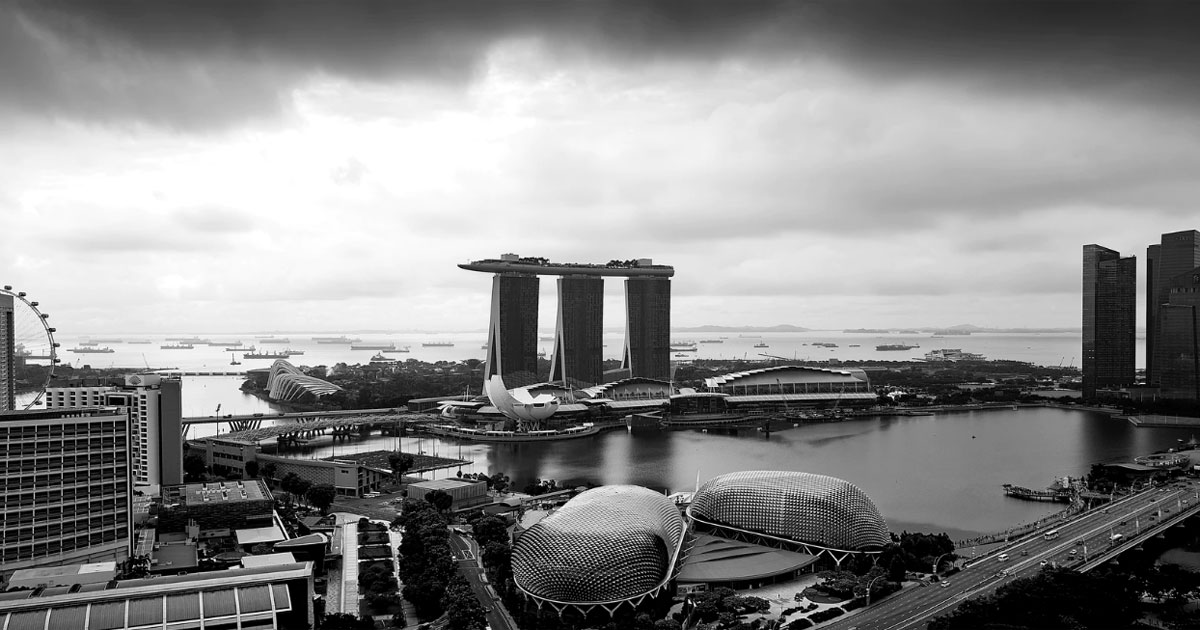Prime Minister Lee Hsien Loong was asked in an interview with The Australian newspaper via Skype on March 20, 2020, about how a densely populated country copes with Covid-19.
In response, PM Lee said the government and people in Singapore had to adopt a slew of measures during these "hard times".
He acknowledged that local businesses have taken a hit, as entertainment and food outlets are sparser, "but what to do", he asked rhetorically, adding that "the government will do what it can to give some succour and help to the whole economy".
PM Lee also made a brief mention of setting aside another budget to help "the most affected parts of the economy", which could happen soon, as he said the government is "teeing up to do again".
Previously, in February, the Singapore government announced it will be spending a total of S$6.4 billion to cushion the economic impact of Covid-19 on the country, stabilise the economy, and help Singaporeans with the cost of living.
These are PM Lee's comments on this particular topic:
Prime Minister, Singapore, it would seem to an outsider is almost uniquely vulnerable, because it is such a densely populated island. How were you able to even conceive of a policy like social isolation in Singapore? I mean, the one thing you never feel in Singapore, is isolated. How were you able to successfully prevent the transmission within such a densely populated population?
PM: I would not say we have successfully prevented. I think I would say so far we have reasonably successfully hindered the transmission. It is a combination of measures. First, we strongly encourage people (to) take your own temperatures. If you are sick, see the doctor. We have set up a network of Public Health Preparedness Clinics (PHPC) - basically fever clinics. If you have these symptoms then go to one of these clinics, they are equipped to see you and to assess you. So, if you detect the case early, that prevents you from transmitting the virus to many more people.
Secondly, once we detect the case, we work very hard to contact trace. Who are the people you have met within the last two weeks, where have you been, what have you done, who may have been exposed to you. We make every effort to trace those people down as well, and to put the immediate contacts either on notice or on quarantine, depending on whether they have symptoms. It is very labour intensive. We have 300 plus cases now, but we have contact traced several thousand people already, at least. It is labour intensive, but it is helpful in preventing one single case from becoming many hundred cases, if you catch it in time.
Thirdly, I think people are cooperative. When we tell people to introduce their Business Continuity Plans (BCP) and to go on to split shifts or to work at home, many companies are doing that. Many businesses have made these arrangements. People are working at home. Entertainment outlets are sparser, food outlets are sparser. Times are hard for them but what to do, these are hard times and the government will do what it can to give some succour and help to the whole economy, and especially the most affected parts of the economy. We have already done this once, in the Budget in February. We are teeing up to do again, because just from February to now, many things have happened, and the gravity of the situation has become so much more evident.
If you like what you read, follow us on Facebook, Instagram, Twitter and Telegram to get the latest updates.
